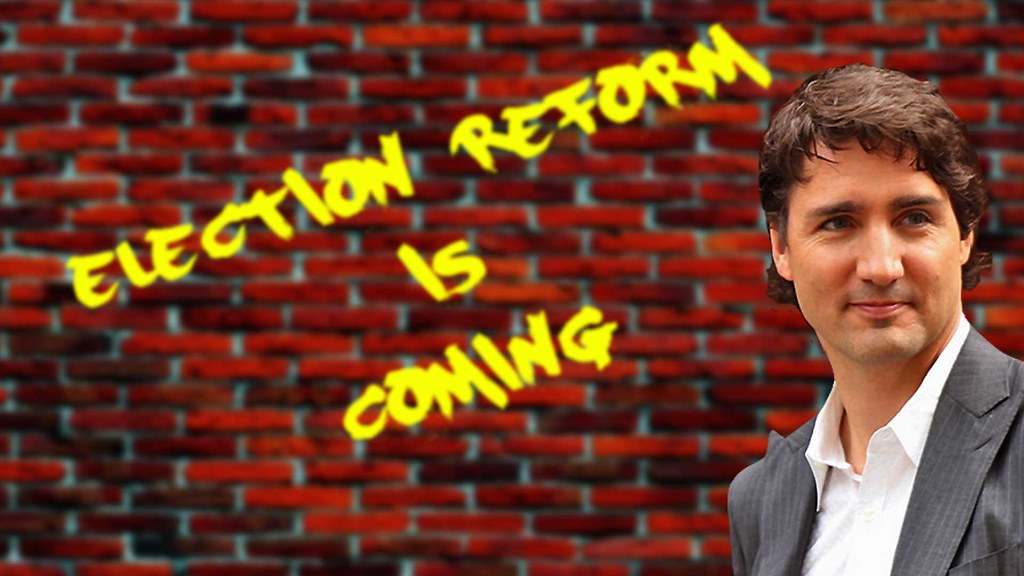
David Kawai/Bloomberg
Social distancing rules will be in effect for “months,” and if Canadians flaunt them, governments will take “more and more stringent measures” to limit the spread of COVID-19, Federal Health Minister Patty Hajdu warned Saturday.
“We will be in this situation for a while, and I think Canadians need to understand that this isn’t about two weeks of social distancing, this is about months of social distancing,” she said, later adding a warning about people “playing [fast and loose] with the rules.”
“It does actually put our civil liberties at jeopardy,” Hajdu said.
“It makes governments have to look at more and more stringent measures to actually contain people in their own homes. So actually, our freedoms around the measures that we’re taking right now depend on people taking them seriously. Because politicians and governments will be pushed to take more and more stringent measures when people violate them and don’t take them more seriously.
“So I would encourage Canadians to think about that, and to think about their obligation to act collectively right now.”
It was a theme also mentioned by Prime Minister Justin Trudeau, and Premier Blaine Higgs, during separate COVID-19 briefings on Saturday.
“We must continue to follow the recommendations from our public health agencies and limit to a maximum the travel we do,” Trudeau said.
“Perhaps you’ll miss not going to the restaurant with your family and not going to the movie theatres with your friends, but to protect yourself, we must all make adjustments. And we must look after each other as well. That’s crucial, because it’s together that we’ll get through this very tough period.”
Higgs said “we know that the [COVID-19] numbers will continue to rise.”
“We have put measures in place here in New Brunswick to try to slow down the rising number of cases. With our province under a state of emergency, I am imploring people to continue to take this situation seriously.”
Higgs also said some New Brunswickers have been calling 911 to report others who aren’t follow the rules. A special phone line for people to report “concerns” about what other people are doing will be up and running some time on Sunday, he added.
Six more presumptive cases were announced on Saturday afternoon, mostly in the southern part of the province. That brings New Brunswick’s COVID-19 case count to 17: nine confirmed, eight presumptive.
Of the six new cases, four involved people who’d recently been on cruises.
The new cases involve:
• A man in his 40s from southern New Brunswick who was recently on a cruise;
• A woman in her 50s from central New Brunswick who’s been in direct contact with a COVID-19 patient;
• A woman in her 40s from southern New Brunswick who’d been on a cruise;
• A man in his 60s from southern New Brunswick who’d been on a cruise;
• A woman in her 50s from southern New Brunswick who’d been on a cruise, and;
• A woman in her 20s from southern New Brunswick who’s been in close contact to a travel related-presumptive case.
No information about whether they were travelling together, or how they returned to Canada, was provided.
Saint John Mayor Don Darling posted a message on Twitter referencing how five of the six new cases are from southern New Brunswick, but that doesn’t mean they’re necessarily from the Port City. COVID-19 cases are being reported by “zones,” with Saint John part of zone two, which extends from Sussex to Saint John to Stephen.
“I’m still seeing large crowds of people in grocery stores and we MUST do better. Keep your distance please!” Darling wrote.
Dr. Jennifer Russell, the province’s chief medical health officer, has declined to provide location details about COVID-19 cases beyond the zones, citing privacy concerns.
But New Brunswick’s Right to Information and Privacy Act contains a clause about the “mandatory disclosure” of information if there’s “risk of significant harm.”
“The head of a public body shall, without delay, disclose to the public, to an affected group of people or to an applicant, information about a risk of significant harm to the environment or to the health or safety of the public or a group of people, the disclosure of which is clearly in the public interest,” the act reads.



